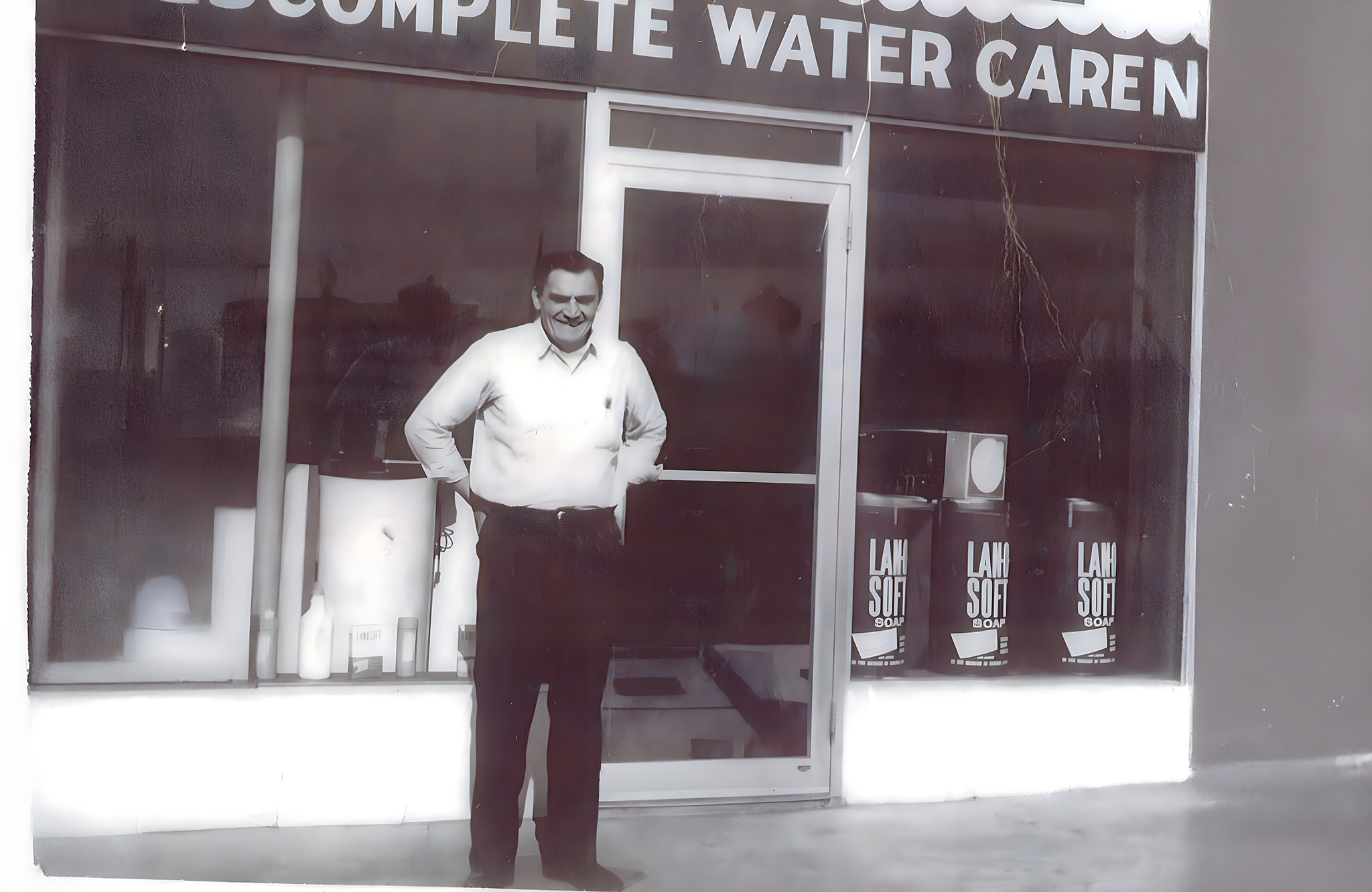
Remembering Wif Finken: A Legacy of Service and Community
January 26, 2026

This Press Release by the Water Quality Association has a lot great information about how a water softener can help you save: Softeners help save money and energy in the...
July 3, 2017
This Press Release by the Water Quality Association has a lot great information about how a water softener can help you save:Softeners help save money and energy in the home, studies show LISLE, Ill. –The Water Quality Association (WQA) is encouraging homeowners in Sherburn, Minnesota to contact a water treatment provider to review their home’s current treatment system or water softener to make any necessary adjustments in response to a new water treatment facility that begins operating next month.The new facility will remove a variety of contaminants and address water taste aesthetics. Water softener adjustments might be needed to maximize efficiency. The WQA Glossary of Terms defines soft water as any water which naturally contains less than 1.0 grain per gallon (17.1 mg/L or ppm) of total hardness expressed as calcium carbonate equivalent.Water softeners can save significant amounts of money and energy in the home, according to a major study commissioned by the Water Quality Research Foundation (WQRF) in 2009. Conducted by the independent Battelle Institute, the study found that softeners help preserve the efficiency of water heaters and major appliances and keep showers and faucets unclogged.For example, the study found that each five grains per gallon of water hardness causes a four percent loss in efficiency and a four percent increase in cost for gas storage tank water heaters when using 50 gallons of hot water per day. Showerheads on hard water lost 75 percent of the flow rate in less than 18 months.Two other studies conducted by the independent testing firm Scientific Services S/D, INC. of New York and funded by WQRF reveal that using softened water: In washing machines, can reduce detergent use by 50 percent and save energy by washing in 60ºF cold water instead of 100ºF hot water, achieving the same or better stain removal and whiter clothes compared to results in hard water. In dishwashers, with areas having very hard water, can cut detergent use by more than 50 percent after softening and get the same results.It is also important to point out that water softening does not cause corrosion of household plumbing or fixtures. Corrosion is a result of water with a low pH or an imbalance in the chloride/sulfate ratio, where copper pipe is joined with lead solder. A water softener does not affect either of these properties in the water it processes. The USEPA has examined and found no correlation between water softeners and the corrosion of household plumbing.If homeowners have concerns about the quality of their water, WQA recommends they have their water tested by a state certified lab. WQA also recommends treatment products have been third-party certified. Consumers can visit WQA’s product certification listings to search WQA’s database of certified products to national standards.Water treatment professionals who have committed to WQA’s Code of Ethics can be found using WQA’s Find Water Treatment Providers tool.WQA is a not-for-profit trade association representing the residential, commercial, and industrial water treatment industry. Since 1959, the WQA Gold Seal certification program has been certifying products that contribute to the safe consumption of water. The WQA Gold Seal program is accredited by the American National Standards Institute (ANSI) and the Standards Council of Canada (SCC).wqa.orgTerritory ManagerPhone: (320) 980-2338mroiland@finkens.comMark Roiland is originally from Appleton, in southwest Minnesota and is a Territory Manager for Finken Water Solutions. He has been a sales professional for more than 30 years, and knows how to identify the needs of the people he serves. Clients at previous positions include corporate entities like Mayo Clinic, Chrysler Corporation and Best Buy, among others. Mark is married to his beautiful wife, Mary Beth.

Resources
